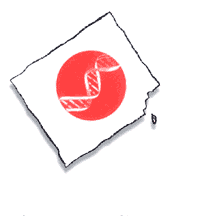|
|
||||||||||||||||||||||||||||||||||||||||
|
|
Agriculture, especially the modern intensive forms of farming practised in Western European countries, places an enormous strain on the natural environment. The pressures are widely recognised and there is growing concern that new systems of husbandry and food production need to be developed, both to avoid the problems of pollution and environmental damage and to improve the welfare of farmed animals. Many believe that biotechnology has the potential to make a valuable contribution towards the development of more sustainable agricultural systems and that it can help provide food and industrial products more efficiently and economically, with reduced impact on the environment. Others are more concerned about the way this new technology will be applied – the ethical, moral, socio-economic and safety aspects – and the effect it will have on the wider environment in the longer-term. The Foundation’s Fourth Consultation, organised by SustainAbility, examined the potential role of biotechnology in the establishment of more sustainable farming systems and animal husbandry. The debate focused on an emerging values shift which, five years later, was to have a dramatic impact on the biotechnology, agriculture and food industries across Europe. Early signs of consumer revolt Among the key conclusions:
|
|||||||||||||||||||||||||||||||||||||||
|
||||||||||||||||||||||||||||||||||||||||




